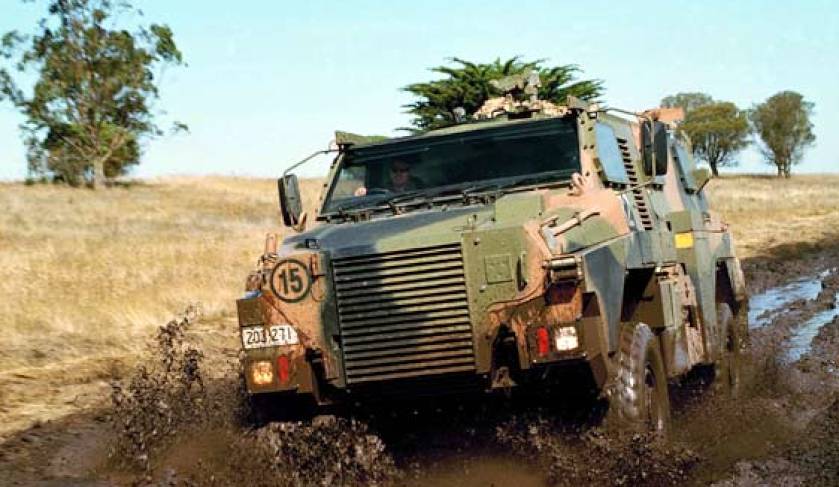The Australian Defence Export Controls (DEC) has revealed figures showing an explosion in Australian defence exports, reaching a record of nearly $5 billion for the 2018-19 fiscal year.
The recently published DEC statistics reveal that approved defence export permits during FY2018-19 was far more than in previous years, representing a mandated requirement – from 1 January 2018 – for exporters to provide the expected value of their sales in export permit documentation.
DEC is responsible to the Minister for Defence for regulating the export of defence and strategic goods and technologies.
These goods and technologies include:
- Military items designed or adapted for military purposes or those that are inherently lethal, incapacitating or destructive; and
- Commercial items and technologies that may be used or adapted for use in a military program or contribute to the development and production of chemical, biological or nuclear weapons systems.
Australia's export control policies are in place to enable the export of defence and strategic goods where it is consistent with Australia's national interests and international obligations.
The statistics reveal the value of approved defence export permits for the FY2018-19 was worth $4.91 billion – additionally, the statistics revealed permits approved in FY2016-17 and 2017-18 had a value of $1.12 billion and $1.57 billion, respectively.
DEC's mission is to enable the responsible export of defence and strategic goods and technologies by:
- Providing early advice to producers and developers on the control status and exportability of their good, service and technology;
- Issuing permits and licences for controlled exports;
- Delivering outreach programs to enable exporters to meet their obligations under relevant Australian regulations and legislation;
- Contributing to Australia's international efforts to prevent the proliferation of weapons of mass destruction through participation in multilateral non-proliferation and export control regimes;
- Authorising end-user and non-transfer certificates for the import of controlled defence and strategic goods; and
- Providing assistance with re-transfer approvals for foreign-sourced defence items.
DEC statistics reveal that in FY2018-19 a total of 93 per cent of permits included a declared value, while 72 per cent and 83 per cent of the permits included declared values in FY2016-17 and FY2017-18.
Additionally, the DEC reveals that in FY2018-19 the majority of approved permits – 22 per cent – were linked to exports to North America. End-user requirements within Australia for 'returns and repairs' on foreign systems accounted for 20 per cent, as did permits for Asia.
The majority of the remainder were for end-users in Europe (18 per cent) and New Zealand (17 per cent). Permits approved for fiscal years 2016-17 and 2017-18 show a similar trend for geographical locations.
Finally, the DEC stated it received a total of 3,973 defence export applications in FY2018-19, a 4 per cent increase over the 3,826 applications received the previous year.
A total of 89 per cent of defence export applications received in 2018/19 were deemed by the DEC as “non-sensitive”, while the remainder were regarded as 'sensitive or complex'.
Further information about the Defence Export Controls, including reference materials, information and forms, is available here.



